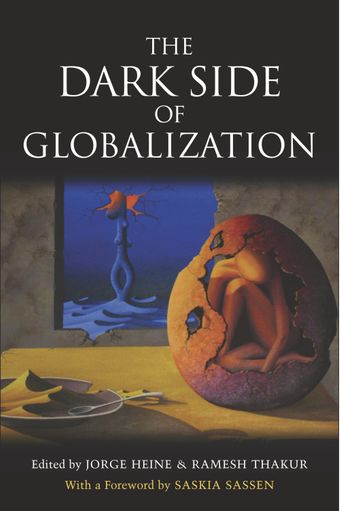- Home
- Books
- The Dark Side of Globalization
- Chapter
New state structures in South America

- Author: Edgardo Lander
- Main Title: The Dark Side of Globalization , pp 32-49
- Publication Date: October 2013
- DOI: https://doi.org/10.18356/9095485e-en
- Language: English
During the three hundred years of Iberian colonial rule over what is today known as Latin America, political participation was limited. Privileged positions in all realms of society, be it in the civil service, the Church, education, professions, etc., could only be occupied by Europeans or their “pure blood” descendants. Those who did not fit into a particular category – that of the urban, educated, well-off, white male elite – were excluded from the ranks of civil society. The legacy of this history of exclusion and limited political participation is reflected in current projects of social transformation, democratization and inclusion – in essence, the decolonization of Latin American society – as well as in contemporary struggles against the established order. A critical understanding of civil society, democracy and citizenship in present-day Latin America requires recognition of the colonial imprint that these political categories left in the region. This chapter elaborates on some of the Latin American debates and experiences related to democracy, citizenship and civil society, and highlights the current conflicts related to these issues, with examples from Venezuela, Ecuador and Bolivia.
© United Nations
ISBN (PDF):
9789210563352
Book DOI:
https://doi.org/10.18356/b6fed040-en
Related Subject(s):
Economic and Social Development
Sustainable Development Goals:
-
From This Site
/content/books/9789210563352s005-c002dcterms_title,dcterms_subject,pub_keyword-contentType:Journal -contentType:Contributor -contentType:Concept -contentType:Institution105
/content/books/9789210563352s005-c002
dcterms_title,dcterms_subject,pub_keyword
-contentType:Journal -contentType:Contributor -contentType:Concept -contentType:Institution
10
5

